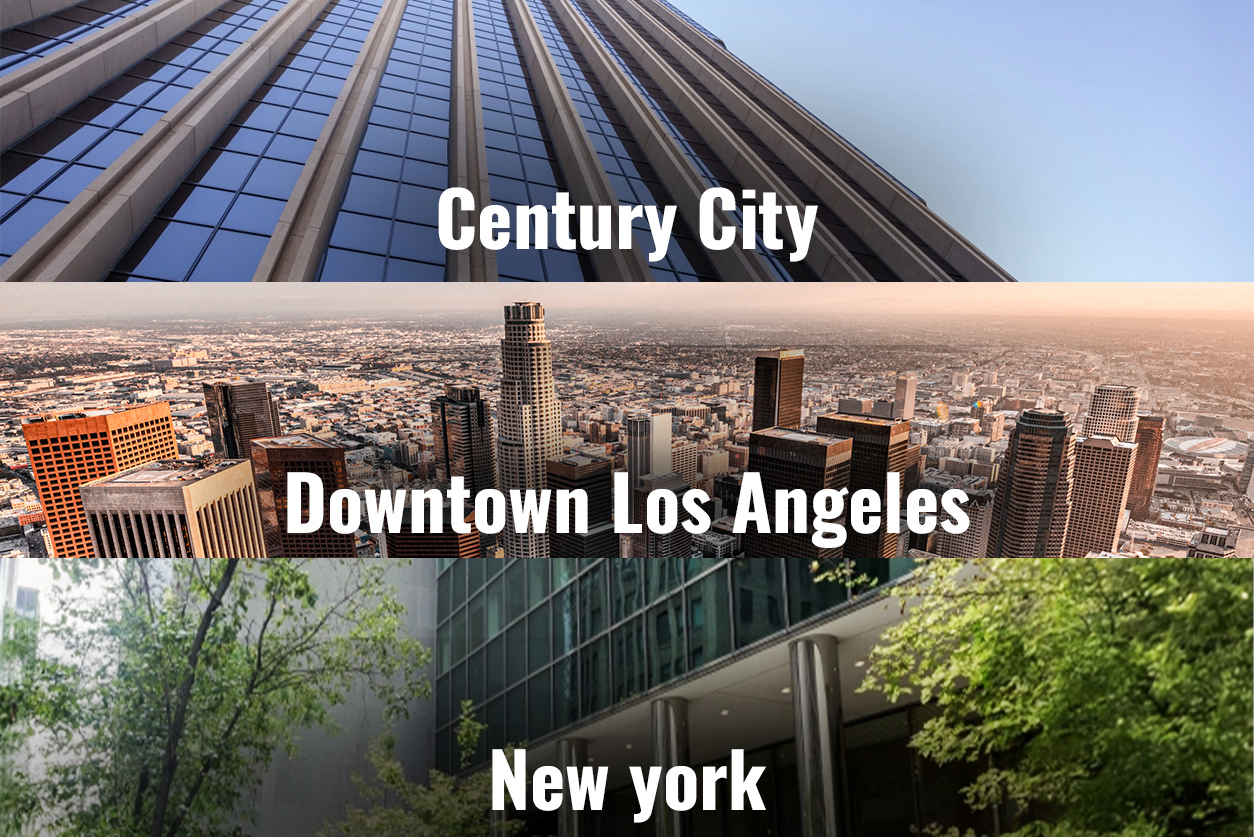
Unprovided Rest Breaks & Meal Periods in Los Angeles
Serving clients throughout California
An employee who is terminated because he complained of meal period and rest break violations can sue for wrongful termination.
Generally in California, an employer may not require an employee to work more than 5 hours in a work shift without providing him with an uninterrupted, unpaid 30 minute meal period. If the employee works more than ten hours in a work shift, the employer must provide him with a second uninterrupted, unpaid 30 minute meal period. The employee can waive these meal periods or agree to take them “on duty” under certain circumstances. In some industries like the motion picture industry, an employer may require the employee to work up to 6 hours without providing the first meal period and need only provide a meal period every 6 hours after that. In industries like the healthcare industry, an employer may apply some restrictions to the meal period like requiring the employee to wear a pager or stay on the employer’s premises during the meal period.

Meal Break Exemptions
Employers are generally required to keep records of when their employees begin and end their meal periods.
An employer must authorize and permit an employee to take an uninterrupted, paid 10 minute rest break every 4 hours or major fraction thereof. Generally, if the employee works a shift of more than ten hours, he may qualify for 3 rest breaks and 2 meal breaks.
An employer must pay its employee an hour’s pay at his regular rate of pay for each day in which it fails to provide him with one or more meal periods and an additional hour’s pay for each day in which it fails to provide him with one or more rest periods.
An employer must provide employees with a suitable place to eat if it requires them to eat on the premises. An employer may even be required to provide its employee with hot food and drink (or means of obtaining them) and a sheltered place to enjoy them.
Employees may be exempt from the meal and rest period laws if they work in the following jobs:
- Administrators
- Executives
- Personal attendants
- Professionals
- Artists
Be sure to speak with an attorney to determine if you fall within one of these or other overtime exemptions. Also, an attorney may advise you whether a federal law that does not provide for meal breaks and rest periods preempts (blocks) California’s meal and rest period rights.
For further information on meal and rest period rights at work, review the Wage Order for the industry you work in. They may be found here. You can also review the sections on meal periods and rest breaks in the California Labor Code.
Contact The Spivak Law Firm Today


